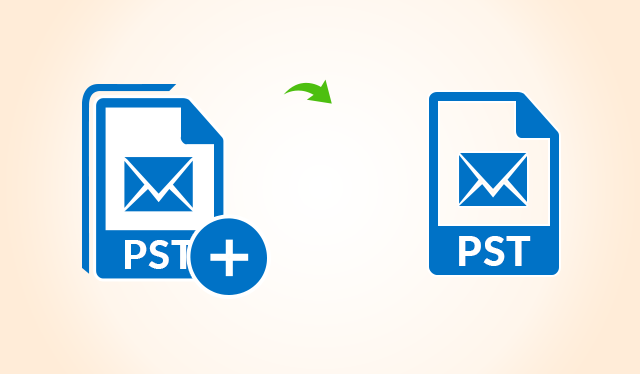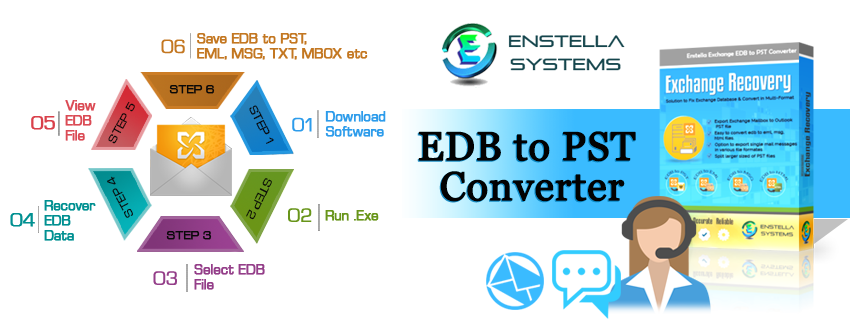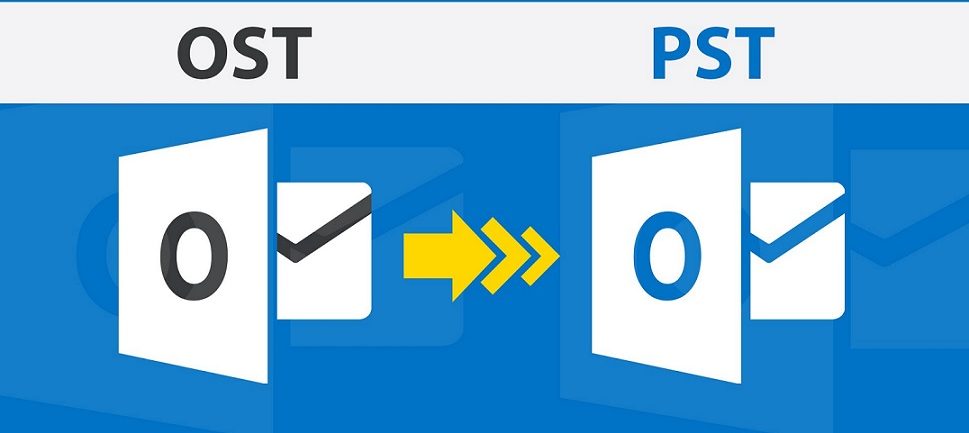For nonprofits, accounting is essential. According to QuickBooks, nonprofits can benefit from an accounting system in the following ways:
- Work towards goals with clear financial insights
- Keep sensitive data out of the wrong hands
- Tracks donations and contributions, AND
- Helps nurture donor relationships
With that said, if a nonprofit doesn’t have an accounting system in place, then they’ll risk having their cause fall flat. Worst of all, they’ll lose their most committed donors and backers, due to having an unorganized system in place.
But not to worry!
In this guide, we will show you 10 effective practices that nonprofits can take up today to ensure better accounting for smooth operation:
Don’t Think Too Deeply On Overhead Expenses
Just because expenses are just as important as your nonprofit operation, doesn’t mean that they should take up most of your time, when it comes to accounting. When nonprofits think of overhead expenses, they tend to think about administrative costs, marketing costs, and other internal expenses. These expenses are to help the nonprofit itself thrive, rather than their mission.
With that said, it’s important to think about other expenses that are outside the nonprofit itself, especially when it comes to following IRS guidelines for nonprofits. From tax exemptions to annual filing to charitable contributions, the Internal Revenue Service needs to know what your nonprofit is about, and how you’re making a difference with your charity efforts.
Conduct Audits Regularly
Auditing is something that your nonprofit will have to do annually (or however often it takes). But don’t be alarmed. A financial audit can be a good thing for your nonprofit. A nonprofit audit shows how accurate an organization’s financials are, along with its financial health of the organization. Offering transparency to the public is also a benefit that can come from an audit, so that people are more willing to support your cause.
Check In With Your Budget Regularly
In addition, it’s important to budget your nonprofits expenses regularly. Your nonprofit will have to take into account the following when budgeting:
- Salaries
- Payroll taxes
- Rent
- Utilities, AND
- Supplies
With these factors, you’ll need to divide them into three groups (called support services):
- General
- Management, AND
- Fundraising
Establish Concrete Policies
With any organization, a nonprofit needs a set of rules, so that everything runs smoothly. Therefore, your nonprofit will need policies for the following:
- Who is responsible for locking up the cash?
- Who is responsible for, and allowed, to access financial information?
- How can nonprofit members handle cash at events?
- How can the treasury deposit donor checks? And so on…
Having policies established now will save you from financial and legal headaches later.
Establish Concrete Procedures
With policies comes procedures that need to be done in nonprofits to ensure smooth operations. Key responsibilities for nonprofit finances:
- Understanding how fiduciary responsibility relates to nonprofit organizations
- Seeing how important a well-functioning financial system is for nonprofits
- Reviewing and understanding business tax implications
- Developing a nonprofit accounting system
- Maintaining proper records of nonprofit accounting
- Using financial tools for budgeting, forecasting, and benchmarking
You’ll need to work with your treasurer to ensure that all of these tasks are completed on a regular basis.
Use The Right Software
Nowadays, many software are dedicated to making accounting challenges simpler for companies and organizations, including nonprofits. Consider using reputable accounting software for your nonprofit – one with proven results and testimony from nonprofits similar to yours.
Have A Multi-Year Plan
Now, let’s ask yourself: Where do you see your nonprofit in 5 years? Or perhaps 10 years? 20 years?
That’s why it pays to have a multi-year plan, which helps you get a good idea of where you see your organization in the future. Will you have more staff in a few years? Will you continue to have in-person and or virtual events in the next year or so? As you can see, having a multi-year plan will help you to plan ahead.
Create Realistic Fundraising Plans
Fundraising is the heart of a nonprofit, no matter the cause. Although it’s tempting to make as many fundraising goals as possible, or to shoot for a high donation turn-out, it’s also easy to lose sight of what made your nonprofit a nonprofit in the first place. Therefore, know your cause by heart, and set realistic goals and plans for your fundraising efforts. Use data from your previous fundraising efforts to stay focused on good goals.
Manage Controls And Risk
Controls and risk are often present in your initiative. First, controls are policies and procedures that make sure that financial tasks are handled correctly. Controls work with specific things like:
- Receiving of donations
- Bank-deposited donations, AND
- Receipt creation
Having controls in place reduce the risk of fraud, whether it’s due to a mistake done by someone in your nonprofit, or if it’s due to a fraudulent donor.
Call In The Experts
Finally, when all else fails, and your nonprofit is struggling to keep everything together for accounting, then don’t be afraid to hire professional accountant. The good news is, accountants are always there to help, because it’s their job to do so. In fact, many local and independent accountants are specialized in handling the finances of charities and nonprofits.
Conclusion
As you can see, nonprofit accounting is essential for charities and nonprofits. Without a good accounting system in place, your nonprofit runs the risk of making financial mistakes, along with losing the trust of even the most loyal donors to your cause.
By following these 10 effective practices in accounting, your nonprofit will be sure to do the following:
- Budget correctly
- Do regular audits effectively
- Ensure that all donations and sensitive data are kept out of the wrong hands, AND
- Ensure sustaining relationships with donors
By the time you put these practices into effect, you’ll soon see your nonprofit be recognized for its mission and its transparency. And as always, don’t be afraid to ask for additional help on accounting.
Good luck!
Author Bio:
Emily Henry is a writer and editor at Custom Assignment. As a lifestyle writer, she writes articles about DIY trends, budgeting, and workspace trends.









